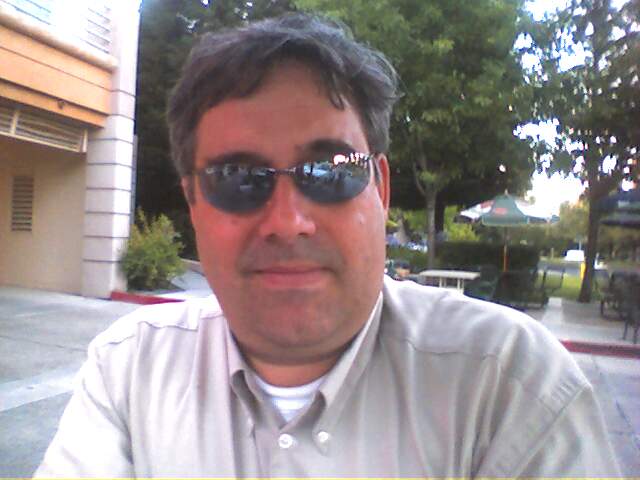Reading IEEE magazines was not always THAT interesting, and they stacked up quickly. It was Bob Pease comments about IEEE members stuffiness about non-degree-holding "engineers" and other complaints about the IEEE that got me to thinking about the value of my membership. Keeping my membership just for the Group Term Life Insurance ( Not a bad deal ) wasn't giving me the value I needed for my IEEE dues. It wasn't making me a better Engineer, and I wasn't sure the IEEE was doing the "right things" for my profession.
I saw things fairly simply then.. Get Out, or Get In-volved.
Maybe its just the American Way? I chose Involvement.
I volunteered, even after a few years in Admiral Rickover's NAVY (which we learned was an acronym for Never Again Volunteer Yourself), called up and started asking others "How can I help?"
I didn't (and don't) have a big agenda for the IEEE. I just want it to help me be a better Engineer. I want my participation to help others to be better Engineers.
How does participation do this? Attend one of our local Chapter meetings and learn something about a new technology. Most people think that technology knowledge is the primary way to be a better engineer. But in fact for most engineers thats the EASY part, and we learned how to learn that in Engineering school.
The hard part is what they didn't teach us in engineering school. Here participation is a way is to learn those skills; How to lead without authority; How to find and recruit good individuals; How to train people so that they can accomplish what needs to be done; How to run an organization; how to plan a project and execute on the plan; or just how to run a meeting.
Both ways you'll meet others with similar interests, some of whom may help your career someday. The volunteers work together, and that connection is much stronger.
This year I've volunteered to run the Santa Clara Valley Section's PACE group. PACE is the Professional Activities Committee for Engineers, and is a part of IEEE-USA. Not the best Acronym, but there it is. PACE covers the arenas of the IEEE that are NOT covered by the many Technical Societies. Of course negative definitions are not really good, so several areas are now defined to be in the scope of PACE, Public Policy, Career Issues, and Education.
These are the things I'll talk about here, but I can use your help.
Those who are currently IEEE members in the Silicon Valley can attend our meetings.
specifically I'm looking for a volunteer webmaster, and Committe Leaders in each of the three main areas. We are looking for participation in our on-line discussions.
But the hallmark of IEEE is real live meetings with speakers. What topics would get you to give up an evening to attend a meeting. What speakers? If It relates to Careers, Public Policy or Education, (and the Electrical/Electronics/Computer Engineering profession) we (all of us) can make this happen.
I Look forward to working with you, making my profession and yours, a better one.
Jonathan David,
IEEE SCV Pace chair
I enjoyed this post on your increasing involvement in the IEEE. I've also been reflecting on my involvement with our professional organization, and I wrote about it in my blog.
I haven't reached such a positive conclusion as you, but I may yet be inspired by you to become more involved. I really wish I could find a proper home for a "Digital IC designer" in the IEEE.
I'm perplexed as to why there isn't a better fit for us.
Keep up the great work blogging and volunteering.
John
<< Home






